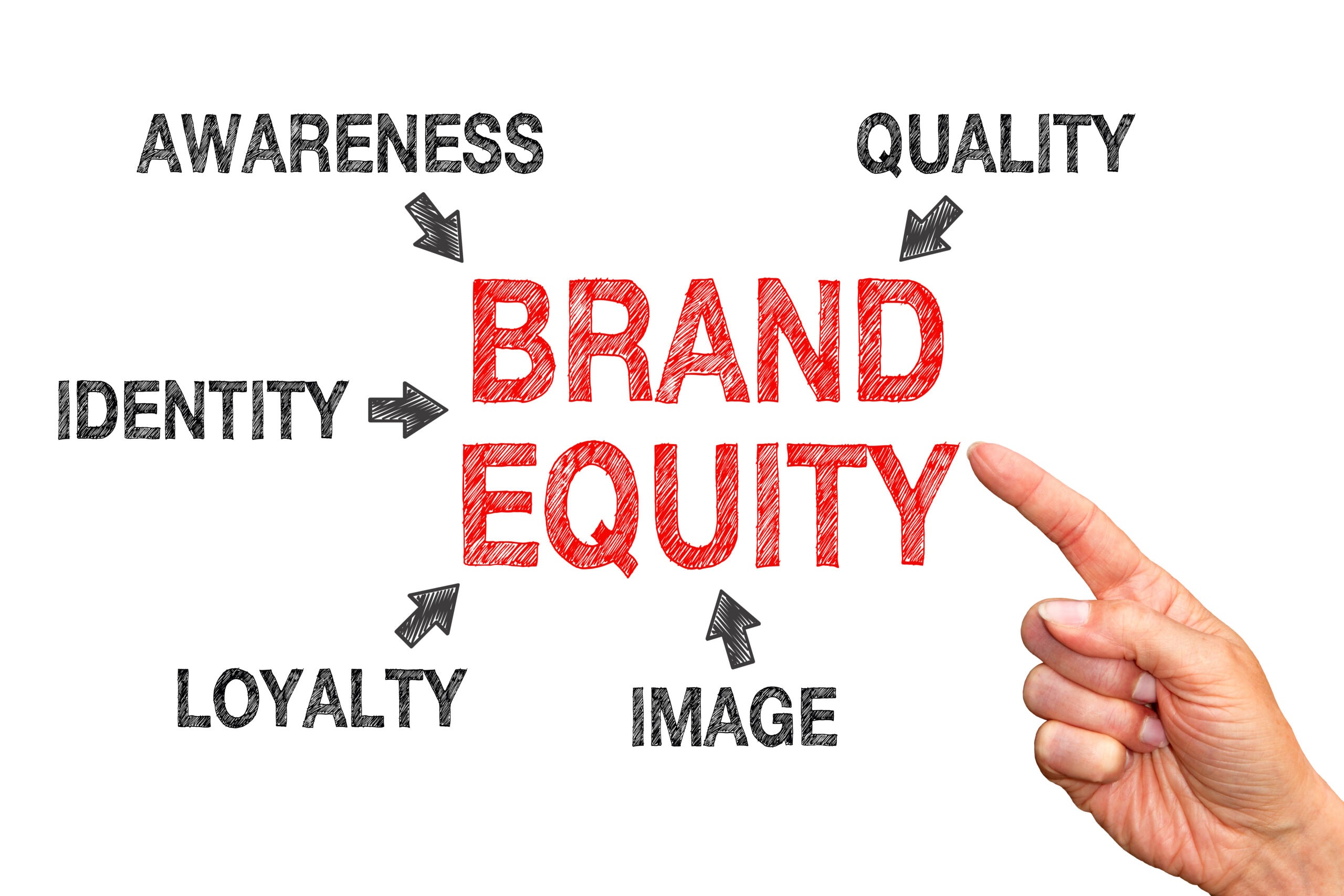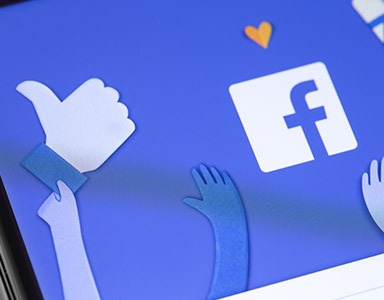
Building up a solid amount of brand equity is becoming more and more important for businesses of all kinds in the Philippines as the business environment there becomes more and more competitive. The value that a brand adds to a product or service, setting it apart from similar offerings from competitors and allowing it to charge a higher price, is referred to as brand equity.
Brand equity has been a topic of importance in marketing for more than 30 years as it is an intangible asset that positively affects a company’s performance. Previous studies have shown that brand equity can influence brand loyalty and financial value of a company
According to Ms. Charlotte Reyes, the Managing Director of Comm&Sense, “Building a strong brand equity involves a foundation of trust, reputation, and emotional connection with consumers. Public relations (PR) agencies in the Philippines play an important role in assisting local businesses in achieving this goal.”
According to the 2021 Edelman Trust Barometer Special Report, brand trust is a significant driver of growth, as 61% of the participants are willing to promote the brand if they have complete trust in it. Additionally, 57% are willing to purchase a new product or service from the brand, and 31% are willing to share personal data or engage in activities sponsored by the brand.
Efforts that are consistent and effective in branding and marketing also help to the development of brand equity. According to the comprehensive study of Lucidpress, consistent branding has the potential to enhance revenue by up to 33%. A powerful and easily recognizable brand may be developed for a company by first developing a consistent visual identity and then utilizing that identity throughout all of the company’s marketing materials.
Reputation is another crucial aspect, as 68% of consumers are willing to pay more for products and services from a brand known for excellent customer service, as reported by Hubspot. Moreover, companies are being held to higher standards by consumers, who expect them to take action on important issues both inside and outside of their regular operations. According to Forbes, a vast majority of consumers worldwide, 94%, believe that it is crucial for companies they interact with to have a clear and impactful purpose.
Lastly, creating an emotional connection with consumers through branding is crucial for developing brand loyalty, which refers to a strong, long-term, emotional bond between consumers and a brand (Fournier, 1998). Building brand loyalty through emotional branding can lead to increased sales. For instance, consumers are three times more likely to intend to purchase products based on emotional responses to television advertisements than on the advertisement content itself (Hong, 2016). Consumers who have an emotional connection to a brand are 52% more valuable than those who are only satisfied (Otley, 2016). Thus, emotionally connected consumers are a highly profitable market segment for a brand (Rossiter and Bellman, 2012).
PR firms are able to assist businesses in developing their brand equity by monitoring and managing the reputations of their clients, addressing any unfavorable perceptions that may arise through traditional media, online reviews, and social media.
In the end, developing a strong brand equity calls for a complete plan with a long-term focus and the direction of experienced, especially award-winning public relations agencies in the Philippines. Putting money into a company’s brand equity not only sets it apart from its rivals but also increases the value of the business and puts it in a better position to achieve sustained success over the long run.

















